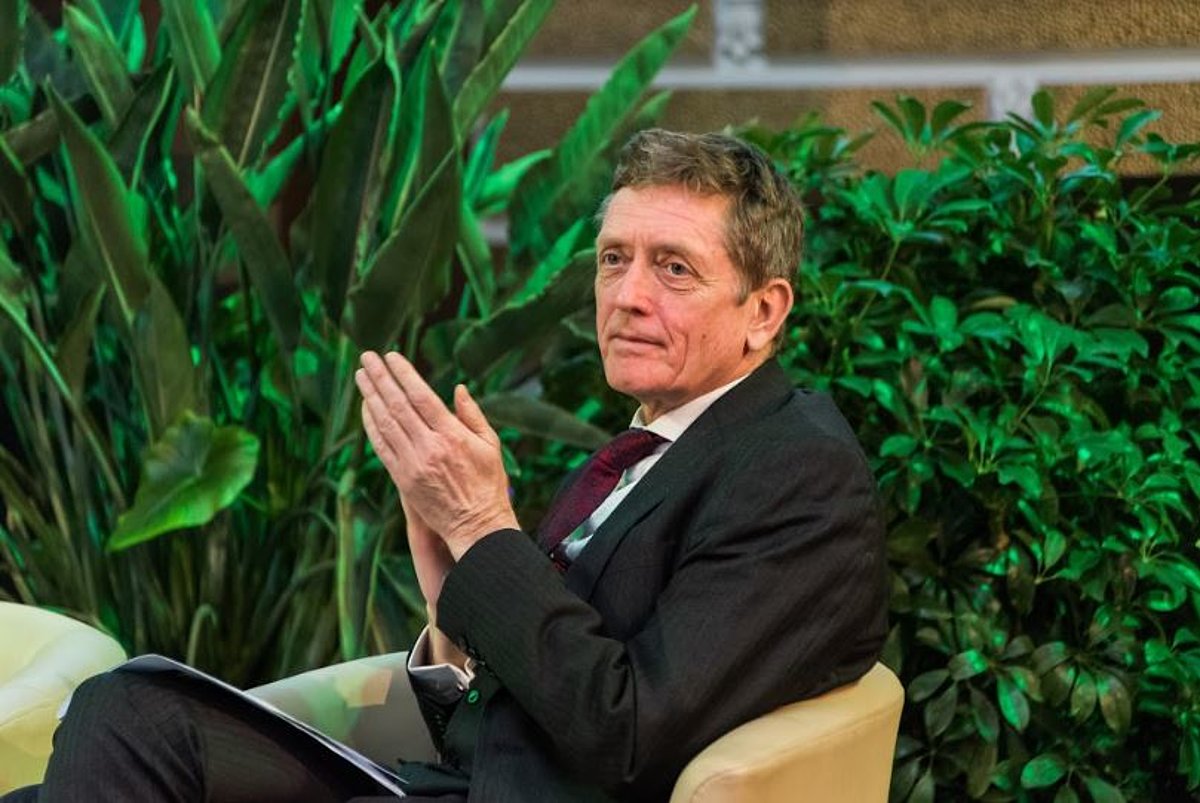
More than 200 people attended the conference, and many also watched on internet. This was the largest climate conference in the Baltics. In the lobby of the LU main building and at the wardrobe premises, Action Zone of conference was organized, in which knowledge games and prototypes for environmentally friendly energy, transport and economic solutions were demonstrated. The ISSP UL also was invited to participate in the Action Zone with its 3 major prototypes: Solar Tree, Water Tornado and Solar House, which attracted the attention of visitors and lecturers of conference with attractiveness, opportunity to interact, and meet the professionals in research of materials for green energy.
The conference stressed that the inclusion of climate change considerations in decision-making is at the moment a priority and affects all sectors of the economy, all groups of society, including scientists. MEPRD reminded that Latvia will have to achieve a significant reduction of greenhouse gas (GHG) emissions in the coming years and will need investments in all sectors - especially energy, transport and agriculture!
MEPRD Parliamentary Secretary Janis Eglīts stressed that "Latvia's society is baselessly believed that Latvia is already a" green country "and that is why we have nothing to do. That's not the case! There is a lot of work to be done in Latvia, and climate change must be a responsibility of every citizen. "On average, generation of about six tons greenhouse gas emissions per year is accounted on each inhabitant of Latvia. In addition, they are the only emissions in Latvia - if the emissions are added to the production and delivery of imported products to Latvia, then the total per capita emissions are much higher.
The head of the Climate, Biodiversity and Water Department of OECD, Simon Buckle, said that in most countries, ambitious climate policies go hand in hand with growth of an economics. Low-Carbon intensive development is clearly a long-term strategy of the European Union and has already set concrete goals for achieving it. Climate action is one of the cross-cutting issues mainstreamed in Horizon 2020. It is estimated that overall climate-related expenditure should exceed 35% of the total Horizon 2020 budget. The work programme supports proposals that aim to:
- Develop climate modelling and science for climate services to help provide trustworthy science-based information to government, public and private decision makers,
- Pool resources to develop better tools, methods and standards to help assess the impact of climate change and adaptation responses,
- Improve understanding of the economics of climate change and linkages with sustainable development,
- Develop technological options and strategies to improve air quality and reduce the carbon footprint of European cities,
- Create climate change networks to facilitate dialogue among relevant scientific communities, funding bodies and user communities in the EU.